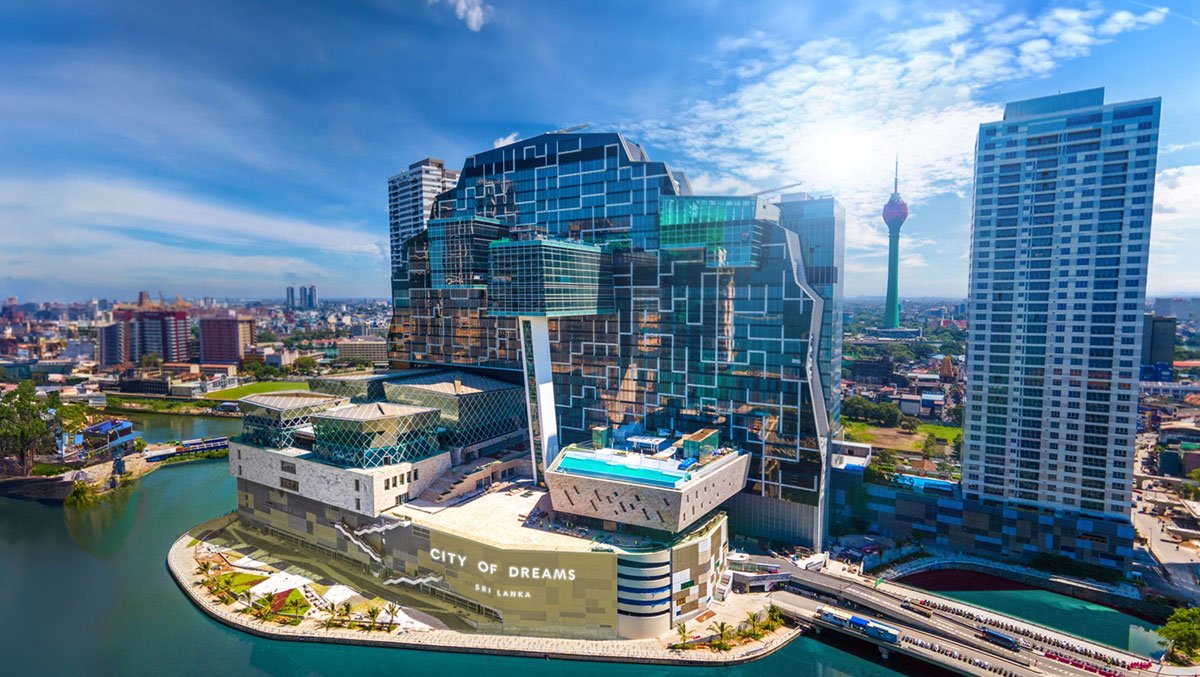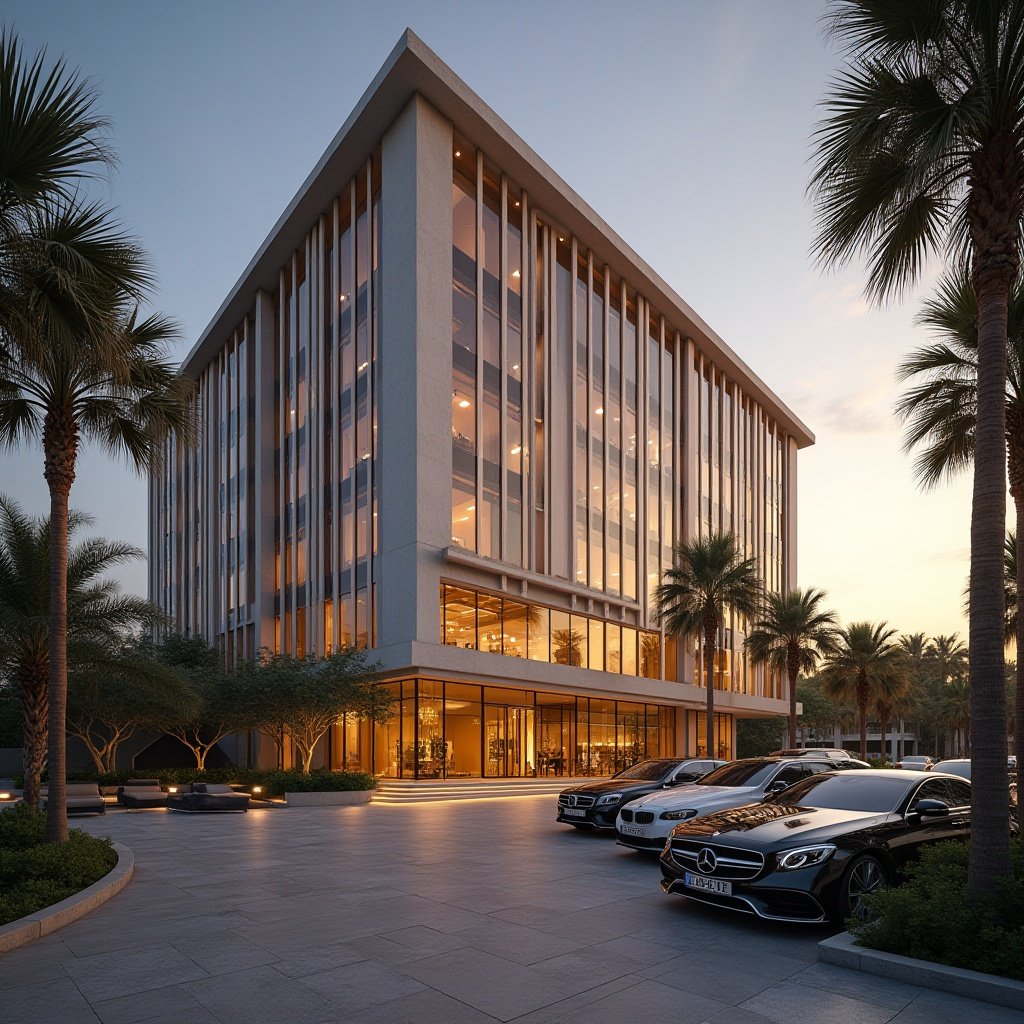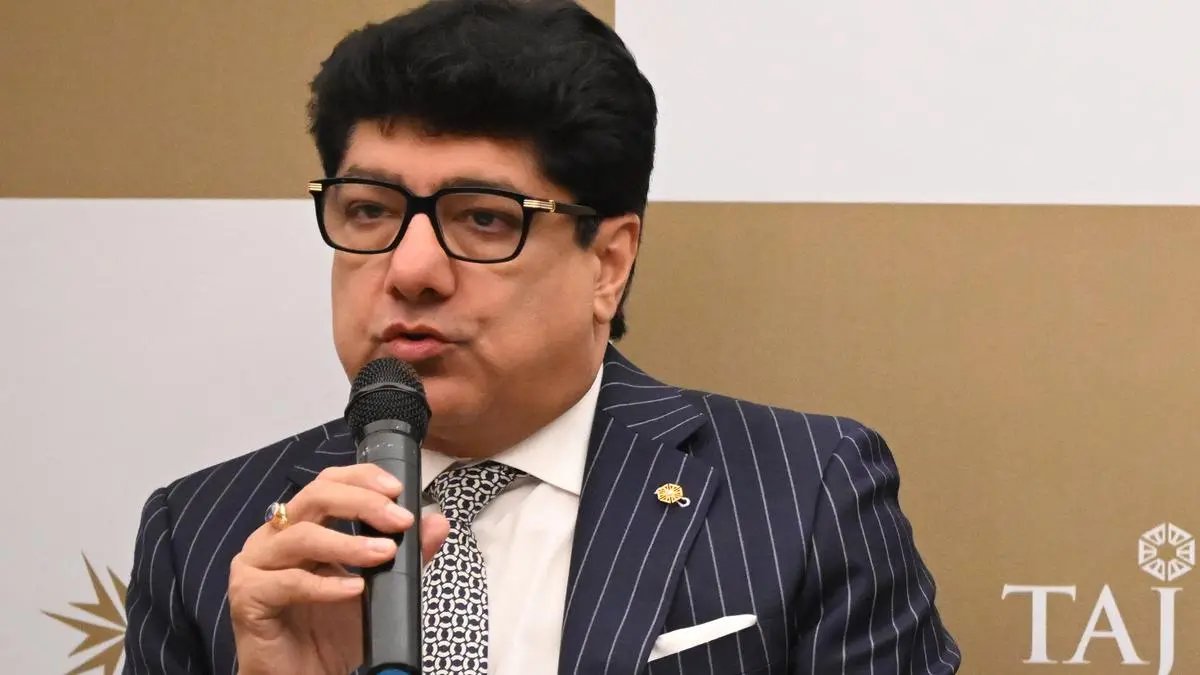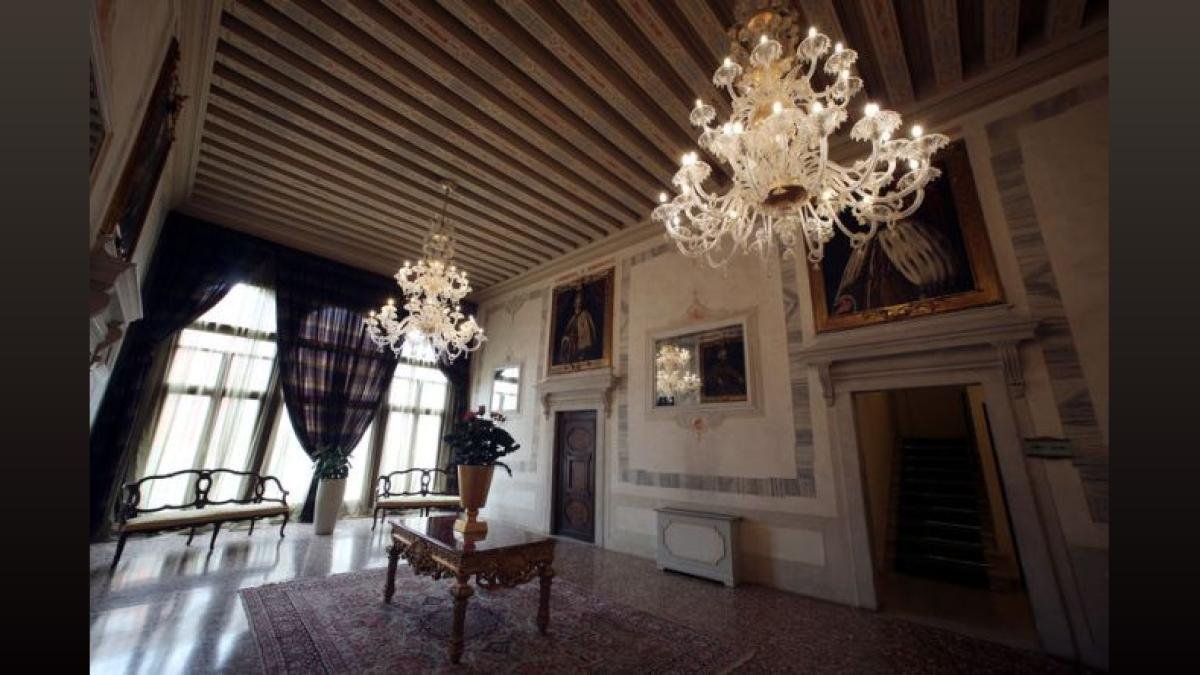Hotels & Accommodations
City of Dreams casino and luxury hotels aim to up Sri Lanka’s tourism game

ECONOMYNEXT – Sri Lanka, the world and US and the world is suddenly facing a triple whammy from the nationalist and interventionist actions of President Donald Trump that as well as the effects of the Fed’s inflationism via the excess liquidity driven single policy rate (ample reserves regime).
The Dow Jones index tumbled 1.23-pct (542 points) on Friday as the Trump tariffs went into effect, albeit at a lower than initially expected rate.
The Euro Stoxx 50 Index fell 154 points or 2.9 percent, with the FTSE 100 falling 0.7 percent, and the Nikkei falling 270 points, or 0.66 percent.
Regime Uncertainty
Trump’s actions where the government changes the expected rule of the game is called regime uncertainty.
Regime uncertainty which is an undermining of established rules governing, reduces the confidence of doing business and creates uncertainty and distrust of the system.
The so-called New Deal, where a number of state interventions were made by the Democratic government by mostly Keynesians killed investment and the first recovery from the Great Depression by making the investment environment uncertain.
Among the interventions was the devaluation of the US dollar and banning gold for both private holding and contract writing which led to savers being expropriated.
Sri Lanka has done extremely well to reduce the Trump tariff to 20 percent and ward off the worst effects.
In Sri Lanka President Anura Kumara Dissanayake has been acting carefully not making any sudden decisions giving continuity and policy stability except for one or two incidents.
READ MORE : Regime Uncertainty: Why the Great Depression Lasted So Long and Why Prosperity Resumed after the War
Private citizens and businesses are un-armed and easily spooked, and it matters little to them whether pre-existing rules are de jure or de facto.
Sri Lanka Customs for example has ordered the re-export several hundred cars after suddenly deciding to implement a rule they had been ignoring for years and has signalled as permissible procedure in one intervention.
The Trade Ministry imposed price controls and created problems, but largely Sri Lanka has been a steady ship under the current administration allowing economic agents to work within a known system.
Resisting calls to ‘do something’ and intervene is difficult to resist.
The Disappearing Jobs
The second whammy on Friday was the revised jobs report, showing that new jobs created in May and June (after Trump’s taxes in April) was much, much lower than previously reported.
Predictably Trump killed the messenger by sacking the Erika McEntarfer, the commissioner of the Bureau of Labour Satistics claiming that jobs data “are being produced by Biden appointee”.
“We need accurate Jobs Numbers,” Trump wrote on his Truthsocial.com platform. “She will be replaced with someone much more competent and qualified. Important numbers like this must be fair and accurate, they can’t be manipulated for political purposes.”
https://truthsocial.com/@realDonaldTrump/posts/114954846612623858″
McEntarfer said there were only 73,000 Jobs added (a shock!) but, more importantly, that a major mistake was made by them, 258,000 Jobs downward, in the prior two months,” Trump added.
“Similar things happened in the first part of the year, always to the negative.”
It is normal for jobs to fall when the Fed ends an artificial boom of its own creation, which creates jobs that would not have been there had it been running a more prudent policy.
The Fed had been running a highly inflationist framework called the ample reserves regime, with trillions of excess liquidity, which was started by Bernanke to push up asset prices after the collapse of the housing bubble.
Macro-economists in the Fed, (which then infected the ECB) later ‘normalized’ the abundant reserve regime, adding fuel to the crypto bubble, stocks and also emerging market debt. As the single policy rate hit those countries, they are defaulting.
War Drums Whammy
The third whammy on the triple witching Friday was Trump deploying nuclear subs closer to Russia, after comments by ex-Russian President Dmitry Medvedev.
After years of being what is generally called a ‘Putin Lover’ and peddling his false narrative that Russia attacked Ukraine due to its wish join NATO, Trump has now suddenly fallen out with his friend during visits to Russia as a private investor.
Ukraine gave up nuclear arms and no one was interested in joining NATO until Putin attacked Georgia after cutting its debt with oil profits from the Fed housing bubble and strengthening its economy.
Instead of ignoring Medvedev Trump has now deployed nuclear subs.
Putin is a cool customer who has run one of the largest and most resource rich, and resourceful countries for decades, killing off the democratic opposition and tightening his grip on the system.
Trump is the leader of a democratic nation, who has term limits, a free press and a voting population who are used to kicking out Presidents like empty Coke cans.
While Trump has an advantage in extreme socialist policies of the Democrats and a Fed which is creating inflation and unhappiness after dumping its scarce reserve regime for the single policy rate, the business community which funded him is far from happy.
Is there a ticking bomb in the US?
After years of stimulus advocated by macro-economists, US government finances are in a bad state.
Russia avoided the stimulus and had very strong government finances until the start of the war. However, now the situation is different.
Though the Ruble was successfully floated under a 4 percent inflation target the Bank of Russia has been unable to fully bring down inflation. Russia is also trying to fight war with mercenaries, no conscription and the economy has started to slow down.
The US fiscal bomb, if it goes off however can have devastating consequences, more than other countries, since the entire world is linked to the country.
RELATED : Sri Lanka could get hit from a disorderly US tumble: Bellwether
Due to pressure from the macroeconomists in the Fed and Treasury and mistaken criticism of the Asian savings glut, countries like China and others are no longer firmly pegged to the US dollar and buying Treasuries as they did from 1950 to around 2005.
After 2014 when China and others shifted to more floating regimes, reserve collection has basically stopped. That is an own goal of the macroeconomists who shouted from the rooftop when long term rates did not go up when the Fed hiked rates shortly before the housing bubble broke.
When money was printed to fire the housing bubble by the Fed large volumes went to housing. Now banks are scared of housing and there are actual housing shortages in many countries. Instead money went to government debt for macro-economic policy and stimulus.
Government balance sheets are remarkably bad, compared to the end of the housing bubble and the Great Depression.
In the deflationary late 1990s the US ran budget surpluses for the first time since the collapse of the gold standard. Fed fired the Roaring 20s bubble in the 1920s as Treasury ran budget surpluses.
Macro-economists have hit own goals all over.
The Trump tariffs have brought more revenues to the government, which is good, but it must have come as lost profits (and new jobs it seems) in company balance sheets.
Trump’s expectations of greater investments – the US was a top recipient of FDI and bond investments in the past which created the trade deficit in the first place – due to its stable policies and practices like grandfathering, when rules were changed.
The biggest problem there seems to be little knowledge of how to fix the system in the US in both major parties.
US downturns tend to have ripple effects across the world and Sri Lanka has to be vigilant and not think that this country can ‘spend its way out of trouble’ as the US did from 2009 cutting rates when private credit is strong or going on capex spree. (Colombo/Aug02/2025)
Hotels & Accommodations
US Issues Security Alert for Karachi Over Threat to Luxury Hotels

The US State Department has issued a security warning for Karachi after receiving intelligence about a possible threat against luxury hotels in the city.
In a precautionary move, the US Consulate General in Karachi has temporarily barred official visits by American government staff to these hotels.
“The US Consulate General Karachi received a report of a threat directed at high-end hotels in Karachi,” the mission said in a statement, adding that access for US government personnel would remain restricted until further notice.
The alert comes amid persistent concerns over safety in Pakistan’s largest cities, where political unrest, sectarian tensions, and terrorist violence have periodically erupted. While the consulate did not disclose specifics of the threat, officials noted that Washington routinely adjusts security protocols for its diplomats in response to credible intelligence.
US citizens in Pakistan are being urged to avoid large gatherings, remain vigilant, and keep a low profile, especially in venues popular with foreigners, such as upscale hotels, restaurants, shopping malls, and tourist sites. The advisory also reiterated that Pakistan is under a Level 3 travel warning, which urges travelers to reconsider visiting due to terrorism and armed conflict.
Karachi, despite local efforts to improve safety, has experienced periodic violence in recent years. Luxury hotels, often frequented by diplomats, aid workers, journalists, and business travelers, are considered potential targets in the event of attacks.
The move to restrict staff travel reflects the US government’s broader policy of proactive risk management at its diplomatic missions. Security analysts note that while not all alerts point to an imminent danger, they are based on intelligence reviews and treated seriously. The consulate’s decision highlights the ongoing difficulties of safeguarding US personnel in volatile regions.
The situation is being closely monitored. Restrictions will be lifted once threat levels are reassessed. In the meantime, Americans are encouraged to follow updates from US diplomatic missions and enroll in the Smart Traveler Enrollment Program (STEP) for real-time security information.
Hotels & Accommodations
Indian Hotels Co (IHCL) eyes on North East for development of new properties

File Photo : Puneet Chhatwal Managing Director and Chief Executive Officer of Indian Hotels Company Limited (IHCL).
| Photo Credit:
JOTHI RAMALINGAM B
Tata Group hospitality firm Indian Hotels Company Ltd (IHCL) is putting the spotlight on the North East for new properties in line with India’s ambition of developing the region, according to its Managing Director and CEO Puneet Chhatwal.
The company has a portfolio of 15 hotels with 1,348 rooms in the North East, and six hotels with 634 rooms in the pipeline.
Developing properties in the East and North East has been a part of a strategic initiative, Chhatwal told PTI.
“Like 50 years ago it was Goa, 30 years ago it was Kerala. More recently, you heard about Lakshadweep. Now it is the North East — which is also in line with India’s ambition of developing the North East — our contribution as a Tata Group company,” he noted.
Elaborating on some of the new projects that the company is undertaking in the North East, he said,”IHCL has committed to projects like Jagiroad in Assam, opposite the Tata Electronics factory that is coming up.”
Moreover, he said,”There are also the conversion of two properties — one is the existing Vivanta in Guwahati which will be upgraded to Taj. We will see an extension of that asset with a number of rooms, banquet halls, etc. We will also be building another hotel in Kaziranga (in Assam).”
Chhatwal also reiterated that IHCL has signed its first ‘Taj Palace’ property in the North East with the ‘Taj Pushpabanta Palace’ in Agartala, Tripura.
The property was signed in May this year in a public-private partnership with the Tripura government. Under the partnership, the Pushpabanta Palace built in 1917 as a holiday home for the king and his guests will be developed to have 100 rooms to be housed in a newly built structure.
The refurbishment and expansion are expected to be completed in the next three years, IHCL had earlier said.
Last month, IHCL and the Ambuja Neotia Group had announced an agreement for 15 new hotels mostly in the East and North East India.
Published on August 3, 2025
Hotels & Accommodations
IHCL Expands in Northeast India: Rediff Moneynews

Indian Hotels Co. Ltd (IHCL) plans significant expansion in Northeast India, with new hotels and renovations in Assam, Tripura, and other locations.
The company has a portfolio of 15 hotels with 1,348 rooms in the North East, and six hotels with 634 rooms in the pipeline.
Developing properties in the East and North East has been a part of a strategic initiative, Chhatwal told PTI.
“Like 50 years ago it was Goa, 30 years ago it was Kerala. More recently, you heard about Lakshadweep. Now it is the North East — which is also in line with India’s ambition of developing the North East — our contribution as a Tata Group company,” he noted.
Elaborating on some of the new projects that the company is undertaking in the North East, he said,”IHCL has committed to projects like Jagiroad in Assam, opposite the Tata Electronics factory that is coming up.”
Moreover, he said,”There are also the conversion of two properties — one is the existing Vivanta in Guwahati which will be upgraded to Taj. We will see an extension of that asset with a number of rooms, banquet halls, etc. We will also be building another hotel in Kaziranga (in Assam).”
Chhatwal also reiterated that IHCL has signed its first ‘Taj Palace’ property in the North East with the ‘Taj Pushpabanta Palace’ in Agartala, Tripura.
The property was signed in May this year in a public-private partnership with the Tripura government. Under the partnership, the Pushpabanta Palace built in 1917 as a holiday home for the king and his guests will be developed to have 100 rooms to be housed in a newly built structure.
The refurbishment and expansion are expected to be completed in the next three years, IHCL had earlier said.
Last month, IHCL and the Ambuja Neotia Group had announced an agreement for 15 new hotels mostly in the East and North East India.
-

 Brand Stories2 weeks ago
Brand Stories2 weeks agoBloom Hotels: A Modern Vision of Hospitality Redefining Travel
-

 Brand Stories1 week ago
Brand Stories1 week agoCheQin.ai sets a new standard for hotel booking with its AI capabilities: empowering travellers to bargain, choose the best, and book with clarity.
-

 Destinations & Things To Do2 weeks ago
Destinations & Things To Do2 weeks agoUntouched Destinations: Stunning Hidden Gems You Must Visit
-

 Destinations & Things To Do1 week ago
Destinations & Things To Do1 week agoThis Hidden Beach in India Glows at Night-But Only in One Secret Season
-

 AI in Travel2 weeks ago
AI in Travel2 weeks agoAI Travel Revolution: Must-Have Guide to the Best Experience
-

 Brand Stories4 weeks ago
Brand Stories4 weeks agoVoice AI Startup ElevenLabs Plans to Add Hubs Around the World
-

 Brand Stories3 weeks ago
Brand Stories3 weeks agoHow Elon Musk’s rogue Grok chatbot became a cautionary AI tale
-

 Asia Travel Pulse4 weeks ago
Asia Travel Pulse4 weeks agoLooking For Adventure In Asia? Here Are 7 Epic Destinations You Need To Experience At Least Once – Zee News
-

 AI in Travel4 weeks ago
AI in Travel4 weeks ago‘Will AI take my job?’ A trip to a Beijing fortune-telling bar to see what lies ahead | China
-

 Brand Stories4 weeks ago
Brand Stories4 weeks agoChatGPT — the last of the great romantics

You must be logged in to post a comment Login